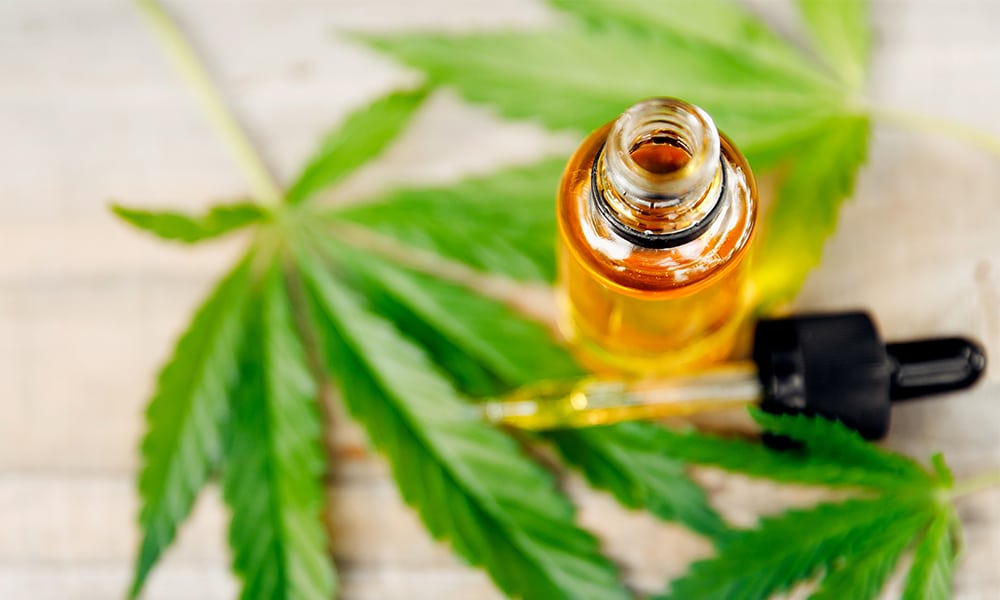Although US Federal legislation doesn’t allow marijuana usage, many states, for example, New Jersey, allow medical use to cure nausea, pain, and other chronic symptoms. The origin of medical marijuana is the Cannabis sativa plant, which is used to alleviate symptoms due to specific medical conditions.
Medical marijuana mainly comes in similar forms to recreational marijuana, which City Leaves dispensary sells. It is New Jersey’s top-notch seller of cannabis sativa, whose active compounds act in the body to ease specific symptoms. The active ingredients in marijuana are THC and cannabidiol. Are you wondering what medical marijuana means and its benefits & side effects? Let’s get started!
Medical Marijuana: Overview
Medical marijuana or cannabis utilizes the cannabis plant in it to cure different conditions or symptoms. Although there are incredibly pure and lab-made varieties of medical marijuana that are utilized for specific ailments, it generally comes in identical forms as recreational marijuana.
The cannabis plant consists of over 100 distinct chemicals termed cannabinoids. Every type has a different effect on the body. THC and CBD are the leading chemicals used in medicine, where THC provides the “high” effects when they smoke. According to a 2023 report, a wide range of medical marijuana products were permitted in 38 states in the USA but remained banned under federal law.
What is the purpose of medical marijuana?
Studies have shown that medical cannabis might assist in curing some conditions. However, the conditions where it can be used differ from one state to another. Depending on the state, you may be able to obtain medical cannabis for the treatment of a disorder you have. States that regulate specific circumstances include:
- HIV/AIDS
- Posttraumatic stress disorder
- Alzheimer’s disease
- Epilepsy and seizures
- Severe nausea due to cancer treatment
- Ongoing pain
- Crohn’s disease
- Glaucoma
- ALS, aka Amyotrophic lateral sclerosis
- Posttraumatic stress disorder
It is crucial to understand that not all of the applications that states permit are backed by a significant amount of evidence from science. It’s partly true because researchers find it challenging to study a drug that remains forbidden under federal law even when states authorize it. Cannabis is always used to cure symptoms, such as the muscle cramps of multiple sclerosis and the appetite loss caused by HIV drugs, rather than the conditions themselves.
Is Medical Marijuana Safe?

More investigations are required to answer this. But there are a few side effects of daily use of medical marijuana, which are the following:
- Panic attacks
- Elevated heart rate
- Getting addicted
- Withdrawal symptoms
- Dizziness & drowsiness
- Hearing or seeing things, known as hallucinations
- Reduced reaction times
- Issues with thinking & memory
- High risk of stroke and heart attack
- Premature labor and other intricacies in people who are pregnant.
Benefits of Medical Marijuana
Cannabinoids, the active chemicals present in medical marijuana, are identical to chemicals the body produces involved in memory, pain, appetite, and movement. Solid research has suggested these active chemicals can:
- Alleviate pain in individuals with conditions including cancer, nerve damage, and rheumatoid arthritis.
- Regulate vomiting & nausea in people going through cancer chemotherapy. The FDA has authorized medications based on two synthetic versions of THC for this use.
- Minimize muscle cramps in people with multiple sclerosis.
Additionally, medical marijuana might:
- Boost sleep in patients with obstructive sleep apnea, acute pain, fibromyalgia, or multiple sclerosis.
- Enhance appetite and reduce weight loss in individuals with HIV/AIDS.
- Bolster symptoms of posttraumatic stress disorders.
- Minimize anxiety in individuals with social anxiety disorder.
You might get medical marijuana in several states if you have specific conditions and a suggestion from a doctor. However, these items weren’t subjected to the thorough testing required to qualify for prescriptions, except for a small number of cannabis-related medications that the FDA has acknowledged.

